What inspired the idea behind this book?
I have a fascination with how the past extends its tentacles forward into the present, and with how it’s very hard to say when a certain event really began or why an ‘accident’ actually happened. That was the theme I started with, and then as the characters took shape, so too did the plot.
One point of inspiration in terms of character development was an online newspaper article I read. Weeks and weeks afterwards, I was still thinking about this very honest, personal piece by a woman who’d found, in her thirties, that she was single. She was worried that she wasn’t going to meet a partner in time to have kids. What I loved about the article – what really stayed with me – was how beautifully she described the pressure she felt to be okay with being single, the pressure she felt to be seen as independent. And she knew she didn’t require a partner or a family to define her, but at the same time, she wanted those things. She was a feminist who rejected the notion of ‘spinsterhood’, but she still yearned for the intimacy of coupledom. And that was the starting point of Zoe’s story.
Imogen’s story had a different inspiration. When I wrote The Mistake, I did an event at a bookshop, and at one point the interviewer mentioned she felt one of the characters was lonely. I talked a bit about loneliness being this common feeling, one that as a society we’re not really comfortable with – it’s difficult to admit to being lonely. The audience really came alive at that point. So, that made me start thinking a lot about loneliness and its effect. And that was one of the pieces of the puzzle of Imogen’s character.
What was the most challenging part of writing this book?
I struggled so hard to get the structure right. The story unfolds from three points of view – each character has her own dramas going on, and their stories gradually intertwine – and I found it a very complex task to maintain the momentum of each storyline while simultaneously unfolding the overall plot. I couldn’t ask readers to care much about a character they didn’t know very well, but nor could I linger for so long with one character that the other storylines would be forgotten. The timeline was tricky. So, it took a lot of trial and error to get the book to flow as one complete story, while telling each of the three women’s stories and histories within it. At one point I had major plot points for all three characters written on different coloured pieces of card that were laid out on the floor, at another I tried a writing software program so I could easily label scenes, but it really came down to drafting and re-drafting and re-drafting again. I had help from wonderful editors, too.
Another challenge was making the three central characters’ voices distinct from each other. I spent a lot of time working on particular turns of phrase for each character and making sure each character had a consistent vocabulary. I didn’t want the characters to sound the same as each other. So, Grace, for example, often uses sophisticated words while Zoe’s language is simpler and more down-to-earth. In a similar way, Imogen tends to comment negatively on her surroundings – she’ll notice cracked concrete or traffic fumes – while Zoe will notice the beauty of the sky or the silver sheen on the river. There was a lot of fine-tooth combing through scenes to keep all that consistent.
What’s some great advice you’ve received that has helped you as a writer?
Margaret Atwood presents an online masterclass, and I listened to the trailer hoping for a few pearls of wisdom. I wasn’t disappointed. She said: Keep the reader interested. Make the reader believe. The bin is your friend. (I definitely follow that last one – the ‘off cuts’ document for The Accident ended up having about the same number of words as the actual manuscript.)
Another piece of advice I reflect on often is from Marian Keyes, who has talked about how the first draft will never be anywhere near as good as the final piece. I think it’s really freeing to just write a draft of a scene expecting it to be pretty rubbish, and then give yourself a lot of time to hone it and make it better. I spend by far more time rewriting than I do writing a first draft.
The third piece of advice is from Fiona McIntosh. She basically tells beginning writers to stop navel gazing, because nobody except you cares about your unwritten book, so to go and get on with it.
What’s your daily writing routine like?
I almost always work from home. I do have a little writing nook, but when the house is empty, I prefer working at the kitchen bench.
Mostly, I read over what I did the previous day, make some edits – which can take anywhere from fifteen minutes to the whole day – and then I move onto the next task. Sometimes I will have had an idea for a particular scene, so I’ll go back and work on that scene again. I don’t start a book with a plan but more of a theme I want to write about. At first, I explore characters and see how things unfold and who emerges. After doing that for around a couple of months, I know the basic gist of the story.
I quite often read the manuscript out loud to myself, particularly dialogue, and I’m very precious about it. If somebody happens to come home and starts trying to read over my shoulder, I quickly shut the computer.
I use Word rather than a writing program – I have tried writing software but prefer Word.
Most days, I work through until about 2:30pm, stopping to make something easy for lunch, which I unwholesomely eat at the computer. (I also never stand up to stretch, nor do I step outside for any mindful inhaling of fresh air. I just make lots of cups of very definitely caffeinated tea.)
I have three writing days like this per week, but occasionally, when there’s a deadline looming or I’m doing a bit I really need to focus on, then I book into a hotel in Hobart – where I live – and have a few days where I pretty much don’t see anyone. I just work all the time and have room service for dinner.
Do you write about people you know? Or yourself?
No, all the people and events are made up. However, I do draw on details of the place and the society I live in, because that’s the world in which my books are set. My books often have a medical backdrop, because that’s what my profession has been. While a writer of historical fiction might look at documents or films about the period of her book, I try to observe details of the world and the culture around me – the language, the clothes, the ads, the food – so I can incorporate specifics that will make the world of my characters more real. I want readers to feel a sense of ‘I can relate to that character because I know that experience.’
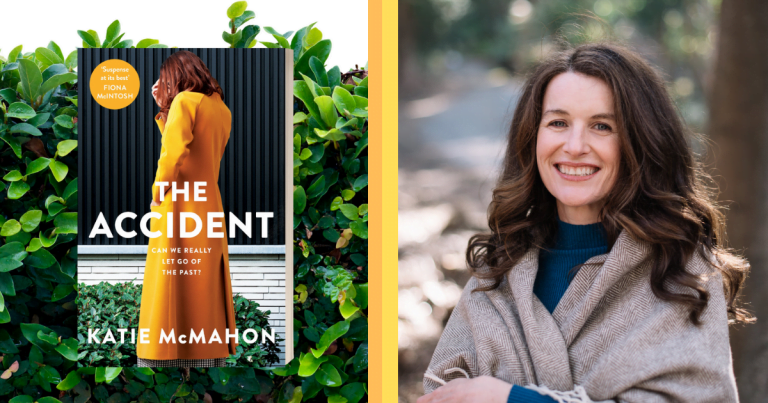
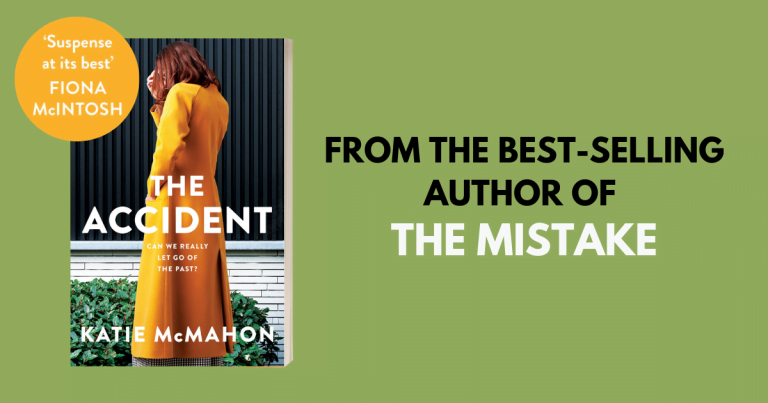
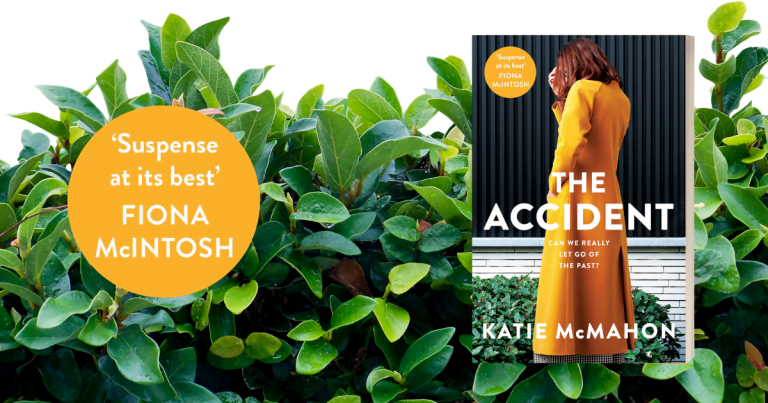
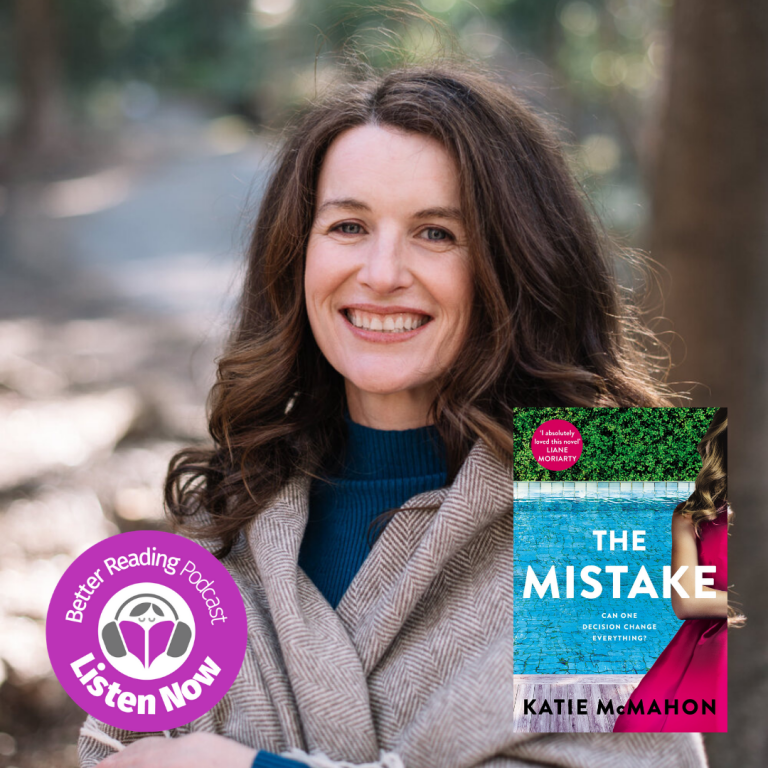
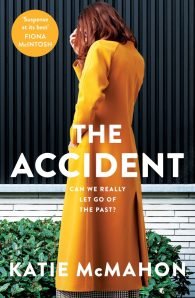
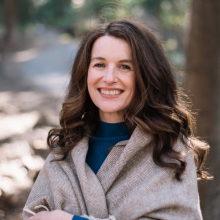
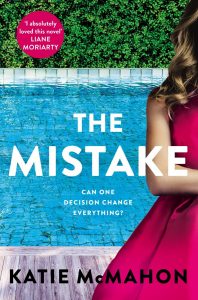
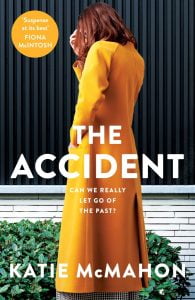
Leave a Reply